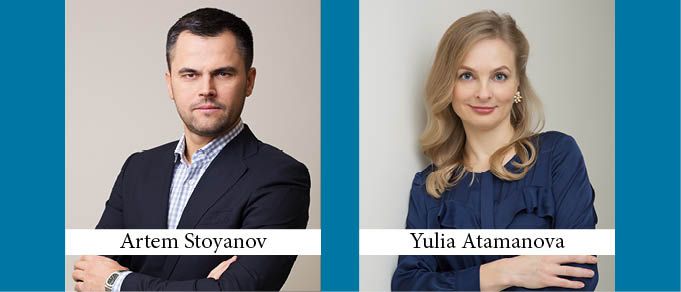The judicial system of Ukraine has transformed in recent years at an unprecedented scale and speed, and new procedural legislation has been adopted in the civil, economic, and administrative codes. In addition, the Supreme Court was elected for the first time through a competitive procedure, and the structure of the courts was reformatted into a three-level system. Judges of all levels are undergoing re-qualification. An attorney-at-law “monopoly” on representing others in court has been introduced. All of these fundamental changes are occurring in a revolutionary way and in a very short time period.
To sustain a high level of legal services, LCF continuously monitors judicial system changes and reviews new judicial practice. In our opinion, the Top 5 innovations that have most strongly influenced the judicial process include:
Court Remedy: New legislation has strengthened the guaranteed right to an effective legal remedy. Before the country’s judicial reform, this right in Ukraine was based on Art. 16 of the Civil Code of Ukraine, which established an open list of remedies. However, it was subject to interpretation and application. According to the new codes, if neither law nor contract contains an effective legal remedy, the court has the right to determine such remedy in a judgment, giving a person an opportunity to get his or her right restored in an effective way, if not in contradiction to the law.
Functions of the Court: The new codes have significantly changed the way parties must prove their claims and arguments, along with the tasks of the court in overseeing that process. Going forward, parties must provide the court with all their evidence along with the filing of their first statements. At the same time, the active role of the court in requesting evidence is eliminated: it is stipulated by law that collecting evidence is not the responsibility of the court. Thus, courts will no longer perform an “inquisitorial” role, seeking to establish “objective truth,” but now take the role of arbitrator, resolving disputes solely on the basis of evidence submitted by the parties. Also, parties were provided with new and expanded means of evidence.
New Types of Court Proceedings: Different forms of judicial proceedings have been provided for, allowing disputes to be considered by the court in the form of general, simplified, or writ proceedings, differentiated by the significance of the case. The determination depends on the value of the claim, the subject of the dispute, and the complexity of the case.
New Rules for Determining Jurisdiction: Jurisdiction is now determined based on the subject matter of the dispute, and no longer on the composition of the parties. For example, disputes related to economic activity are heard in economic courts, in some cases even when they concern a natural person (e.g., a person who acted as a guarantor for a loan of a legal entity or entrepreneur). The Supreme Court is currently actively developing jurisprudence on the issue of jurisdictions. A dispute over the proper jurisdiction for a claim is an unequivocal reason for referring the case to the Grand Chamber for consideration.
Introduction of Derivative Claims: New procedural laws introduced derivative claims, the satisfaction of which depends on the satisfaction of the principal claim, and which are considered by the same court. This innovation improves the guarantees of access to court and of effective protection of violated rights.
The most significant changes in economic disputes involve evidence and proof issues. Innovations have changed the approach to the burden of proof, the grounds for exemption from proof, filing, soliciting, and securing evidence. The parties are now able to submit opinions of independent experts, who the parties themselves choose, and not only the opinions of experts determined by the court. In addition, it is now possible to present expert opinions on legal analogies and legal opinions on the substance of foreign law, and to bring and examine witnesses in economic proceedings.
To summarize, all of these changes are only a small part of the large-scale judicial reform process that is underway. We hope that they will open new opportunities for the development of effective and equitable justice in Ukraine.
By Artem Stoyanov, Senior Partner, and Yulia Atamanova, Counsel, LCF Law Group
This Article was originally published in Issue 5.11 of the CEE Legal Matters Magazine. If you would like to receive a hard copy of the magazine, you can subscribe here.




